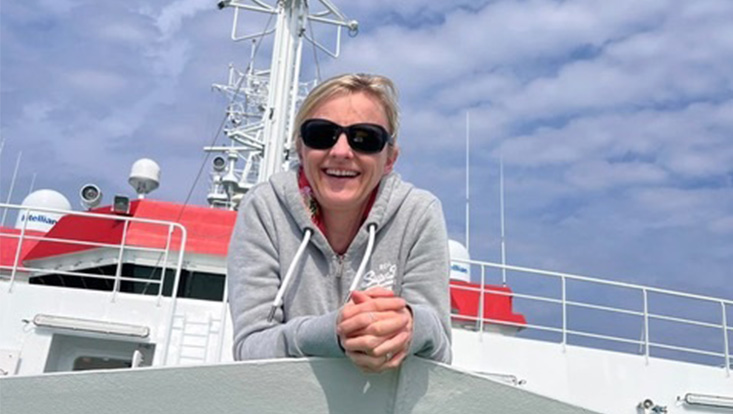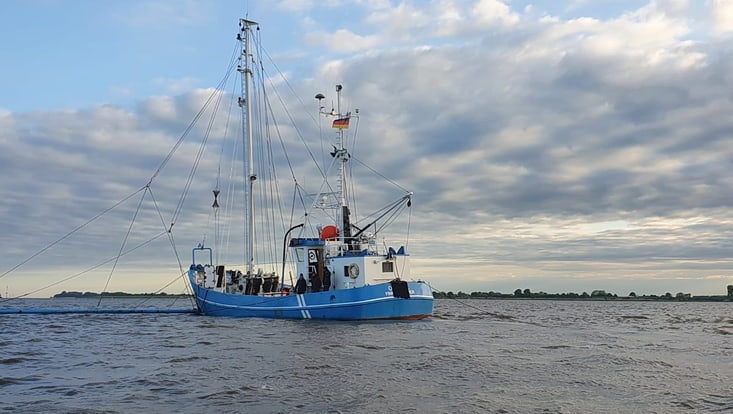Marie Sklodowska Curie FellowshipHigh-throughput sequencing to obtain DNA sequence from historical museum specimens
8 November 2019, by Website Team Biologie
Natural history collections have vast stocks of material for the study of global biological diversity and the evolution of biological species, especially in species-rich groups of tropical regions. These studies require molecular genetic tools that, to date, could only be applied to freshly collected tissue samples. Modern techniques of HTS (High-Throughput Sequencing) are mostly based on short-fragment sequencing technology, and therefore, they are more effective at obtaining sequence data from historical specimens than Sanger sequencing, particularly for samples collected more than 100 years ago. Dr. Umilaela Arifin (a postdoctoral researcher at CeNak-Centrum für Naturkunde Hamburg, Germany) has been awarded a three year (01.03.2020–28.02.2023) Marie Sklodowska Curie Fellowship (H2020-MSCA-IF-2018) to develop and test HTS protocols (e.g., exome-capture and/ or mtDNA genome sequencing) to sequence degraded genomic DNA data from historical museum specimens of Southeast Asian frogs. She will use the methods to assess the phylogenetic and taxonomic position of the Asian frogs with so-called gastromyzophorous tadpoles. This group of frogs, whose tadpoles have a ventral sucker disk and are thus adapted to fast-flowing water, has defied taxonomic clarification for decades. The results of her study will be a valuable baseline to assess the feasibility of and to improve HTS techniques aimed at retrieving DNA from historical specimens for future studies. This study will be the first to profoundly investigate the evolution of gastromyzophory in Asian ranid frogs. It will also emphasize the need to apply modern techniques for quantifying the high biological diversity of tropical countries and for developing conservation actions for groups rich in cryptic species. In this international collaborative project, Dr. Umilaela Arifin will be supervised by Prof. Dr. Alexander Haas (CENAK-Zoologisches Museum, Universität Hamburg, Germany) as well as Prof. Dr. Jimmy McGuire (Department of Integrative Biology, University of California Berkeley, USA).
More information about:
Dr. Umilaela Arifin:
https://www.cenak.uni-hamburg.de/uebercenak/mitarbeiter/arifin.html
https://www.youtube.com/watch?v=U1A_-jkURRM
https://ssarherps.org/2019/07/thisisssar-gastromyzophorous-tadpoles-and-umilaela-arifin/
Funded Project (H2020-MSCA-IF-2018, HighThroughFROGS):


